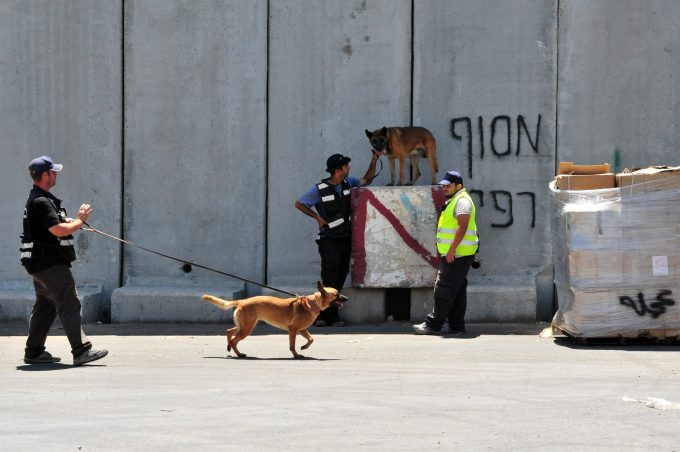Security pilot at port of Rotterdam targets smuggling in containers
As part of the Resilient Port Terminals (WHT) project, Dutch customs has shortened the notice ...

Following a surge in the flow of illegal drugs through European ports, the EC wants to step up coordination among all stakeholders involved.
Launching the European Ports Alliance (EPA) yesterday, the commission said: “Drug trafficking is highly lucrative for criminals, as demonstrated by the unprecedented increase of illicit drug available in Europe and the fact that drug seizures in the EU are hitting record levels.
“In August, it took only two weeks for the record of eight tonnes of cocaine seized in Rotterdam to be broken by the seizure of 9.5 tonnes of the drug in the port of Algeciras.”
The call came in the wake of comments from APM Terminals CEO Keith Svendsen, who told the UK Financial Times that the penetration of drug gangs into global supply chains was now “extreme”.
The EPA is just one of 17 targeted and concrete actions the EC believes will not only “enhance supply chain resilience”, but work towards dismantling the criminal networks involved.
“The EPA brings together all relevant public and private actors in the fight against drug smuggling and criminal infiltration of logistics hubs, mobilising member states, local authorities, law enforcement authorities, EU agencies and private port actors,” it said.
While The Loadstar reached out to shipping lines for their thoughts, all refused to comment, but the ports proved more obliging. A spokesperson for Port of Antwerp said part of the problem was tied to what made the gateway effective for global trade, namely, its easy accessibility.
And claiming there was little the port itself could do, the spokesperson said the authority would continue to support the security services through sharing of information, data analysis and facilitating the implementation of new technologies.
Citing customs authorities as sources, the FT claims the Belgian gateway ranks as Europe’s largest cocaine trafficking hub, with a record 110 tonnes seized last year. The spokesperson said: “The only authority we have is to check and make sure terminal operators have set up an adequate security and registration policy to prevent that people can just come and go onto terminals as they please.”
Furthermore, the authority said it was planning to scan all containers from Latin America it deemed “high-risk”, in contrast to the 2% it typically scans.
A spokesperson for Rotterdam Port directed The Loadstar to comments by acting CEO Boudewijn Siemons that drugs delivered through Antwerp “would be back in Rotterdam in an hour”. He praised plans to link port stakeholders to tackle the problem.
Mr Siemons added that, given the removal of customs and border checks across the union, it was “more than logical to attack [drug trafficking] as one Europe”.
Comment on this article